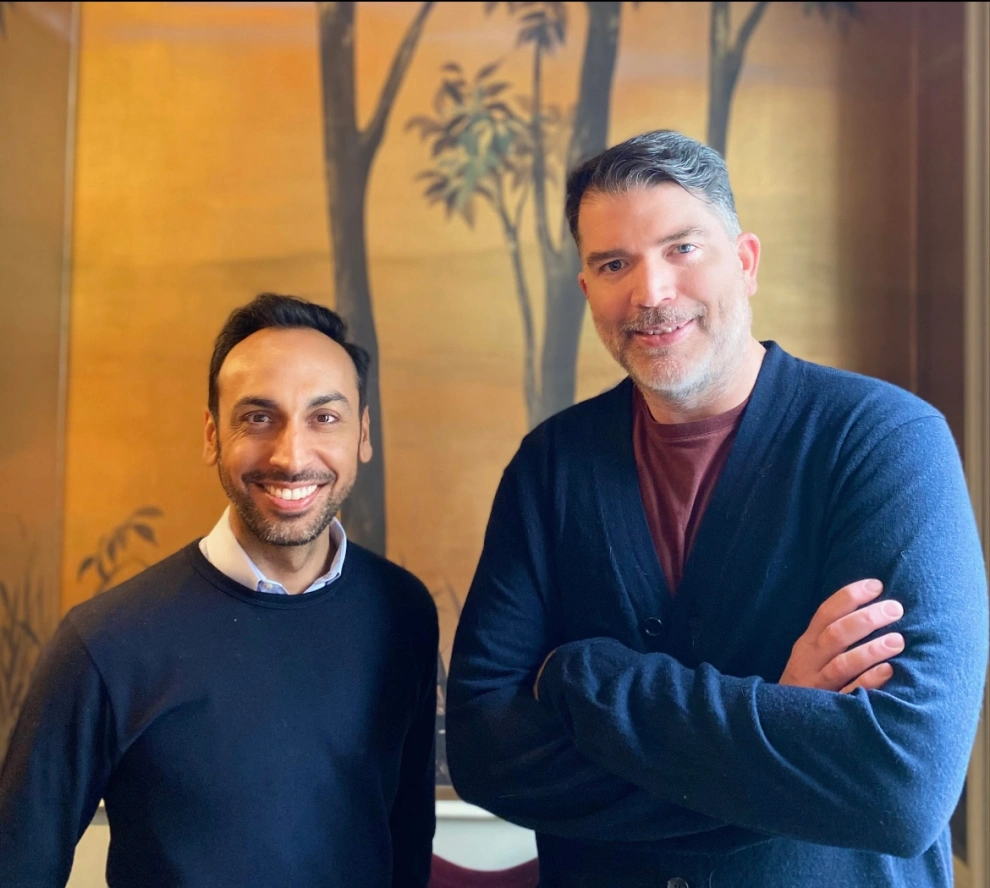Equator, a climate tech venture capital firm focused on sub-Saharan Africa, has received part of its first fund with $40 million in commitments from limited partners including BII, the Global Energy Alliance for People and Planet (GEAPP), the Shell Foundation and impact investor DOEN Participates.
The venture capital firm backs seed and Series A startups across energy, agriculture and mobility sectors.
According to managing partner Nijhad Jamal, the firm is interested in these sectors because of numerous untapped market opportunities. He also said that deploying capital at seed and Series A stages allow Equator to act as a bridge between startups’ earliest checks (at the pre-seed stage) and growth capital, which could come from its limited partners.
“The challenge for many of those larger funds and international investors is that they tend to come in when things have already been de-risked and proven out. At the seed and Series A stage, there is a shortage of capital and institutional investors supporting companies at that stage of their life cycle and journey.The hope is that by investing at these stages, we can mobilize capital at Series B and growth equity stages from large regional funds, global climate tech funds, and corporations excited about the sector and region,” said Jamal.
The fund is targeting technical founders with domain expertise who are building solutions around clean energy, agriculture and mobility, and who ultimately address the impact of climate change on income inequality in Africa.
“Climate change and income inequality are proven to be directly correlated. Data shows that the gap between the economic output of the world’s richest and poorest countries is 25% larger today than it would have been without global warming. So climate change has worsened global income inequality and we’re seeing that very acutely in sub-Saharan Africa. And the ventures and innovation that we’re investing in is a material component to addressing some of these challenges.”Jamal said.
Equato aims to make up to 15 investments throughout this fund’s life cycle. The company said it participates in round sizes of $10 million or less, which is typical for pre-Series B clean tech startups in sub-Saharan Africa.
For seed stages, the clean tech VC invests between $1 million and $2 million; for Series A stages, it cut checks between $2 million and $4 million.
The firm says aims to leverage support from Factor[e] Ventures. Equator and Factor[e] collaborate on sourcing deals and undertaking due diligence, and they share a post-investment support platform to provide value to portfolio companies as they scale. The company will be expected to leverage the current shift in the global narrative about climate tech’s importance and its impact on climate change. The investments coming into the sector, despite lagging fintech by a mile, are progressively being funneled into reducing the cost of technologies such as solar systems and batteries while enabling better access for individuals and businesses with pay-as-you-go models.
Jamal says these trends could make the sector more investable and, in many ways, more exciting. “We’re optimistic about the role that we have to play in this ecosystem. I hope this is the first of many funds that continue to follow in these footsteps because more capital, talent and innovation are needed to develop more holistic solutions to the challenges in the climate space.”

